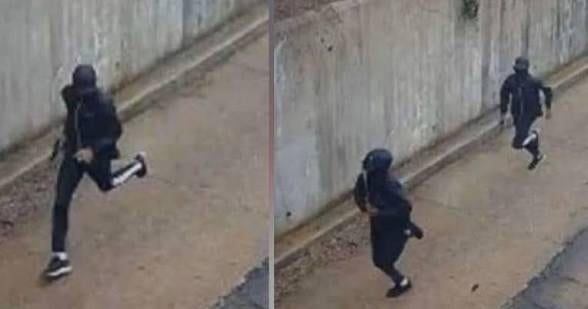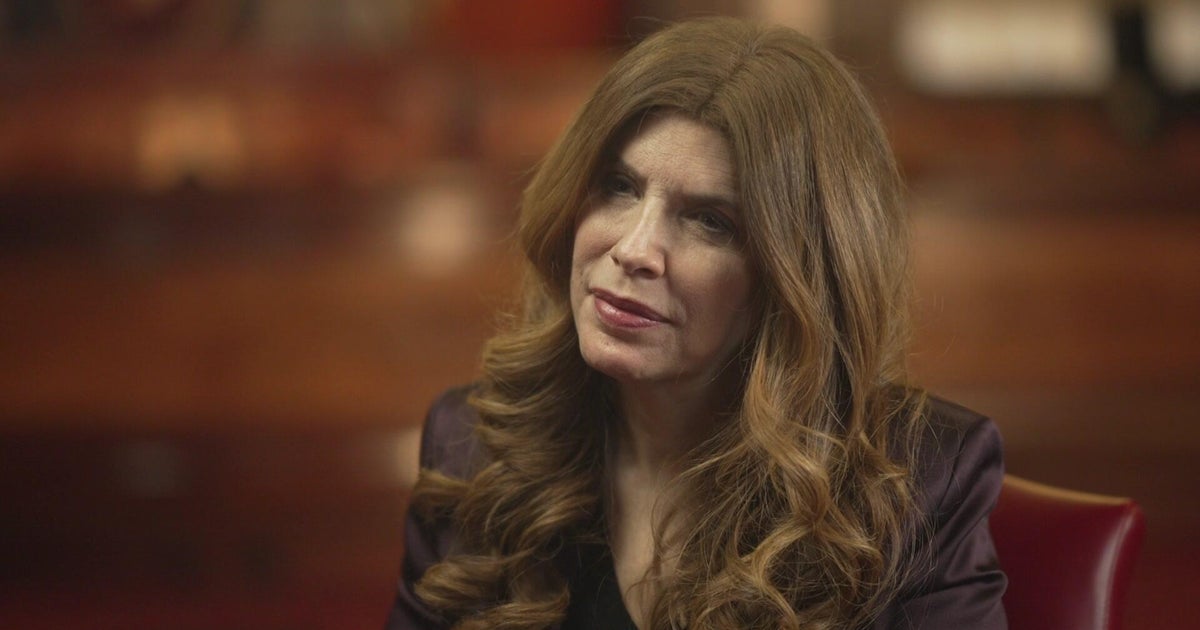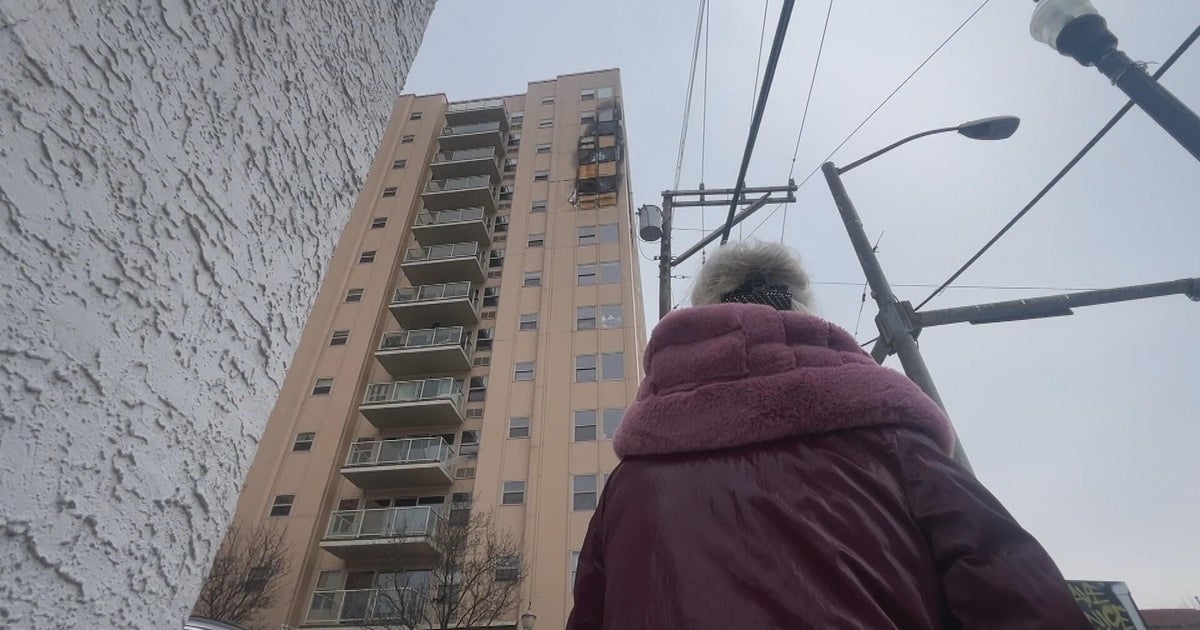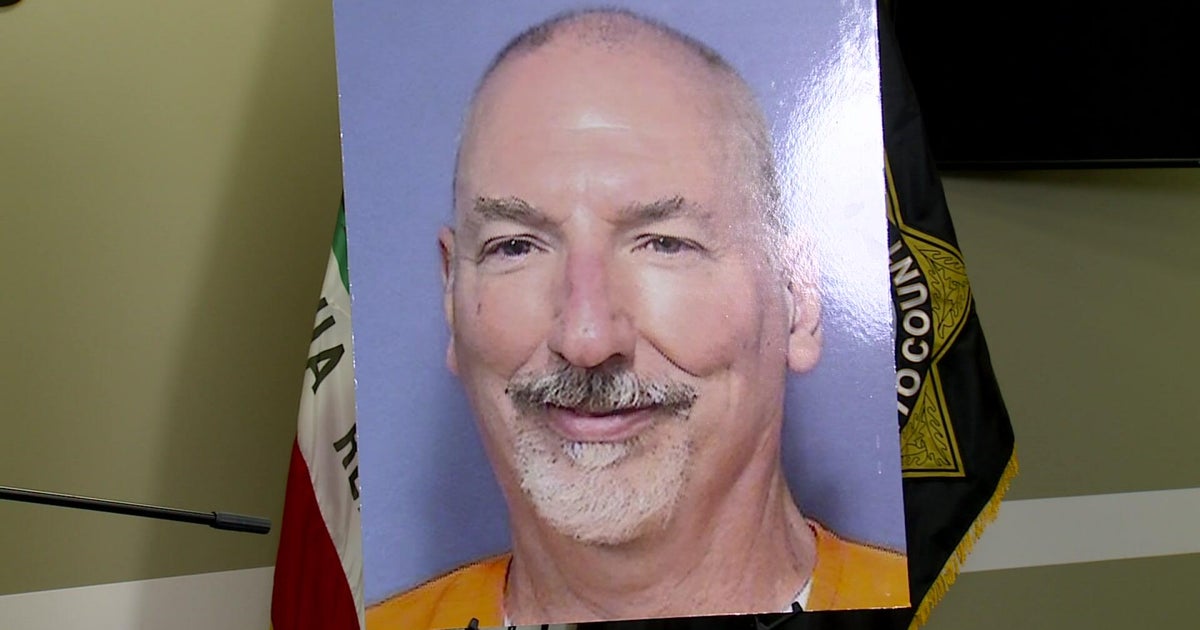Expanded N.Y. DNA Database Would Seek To Exonerate The Innocent, Expose The Guilty
NEW YORK(CBSNewYork) -- The state of New York is considering a dramatic expansion of its DNA collection. New Yorkers who find themselves under arrest for anything may soon have to give up a sample.
"I propose it be expanded to 100-percent of all crimes. Let's provide justice for all and let's be the first state in the union to do that," Gov. Andrew Cuomo said recently.
Mayor Michael Bloomberg jumped on board on Thursday, but critics are already sounding the alarm.
"My worst fear is that innocent people will go to jail because of mistakes made in an overburdened system," said Jeremy Gruber of the Council for Responsible Genetics.
Donna Lieberman, a spokesperson for the New York Civil Liberties Union, told CBS2's Lou Young that, "proposals like this make us feel like we're living in a CSI fantasy."
But it isn't a fantasy. Scientists have solved everything from burglaries to serial murder by comparing crime scene DNA to the DNA database.
But the question remains, how large should that database get?
So far the criteria for New York's database has been increased four times since 1999. It began tracking only violent criminals, but now roughly half of the people arrested in New York get cheek-swabbed and receive a coded number in the computer. The information is compared to existing crime scene evidence and has been used to close hundreds of criminal cases.
Proponents call the database an asset.
"It's been our experience when the database has been increased it's been very useful in identifying serious criminals," said Bob Adamo, director of the Westchester County Crime Lab.
Fransico Acevedo is set to be sentenced next week for serial killings that he committed 16 years ago. Acevedo was identified using the database.
But some believe that the state may be drunk on its own success.
"No one ever envisioned a DNA database that would include common petty offenses like reckless driving, and that's what this is going to do," Gruber said.
Civil libertarians cite a high risk of error and potential fraud as they caution against the system, but prosecutors say they see a big upside.
"More serious offenders, sex offenders and other types of criminals are going to be identified and put behind bars and other people who are innocent will be exonerated by the DNA," said Assistant Brooklyn DA Rhonnie Jaus.
The fight over expanding New York's DNA database is on Albany's agenda for 2012.
What do you think, do you want your DNA in the database? Sound off in our comments section below...







